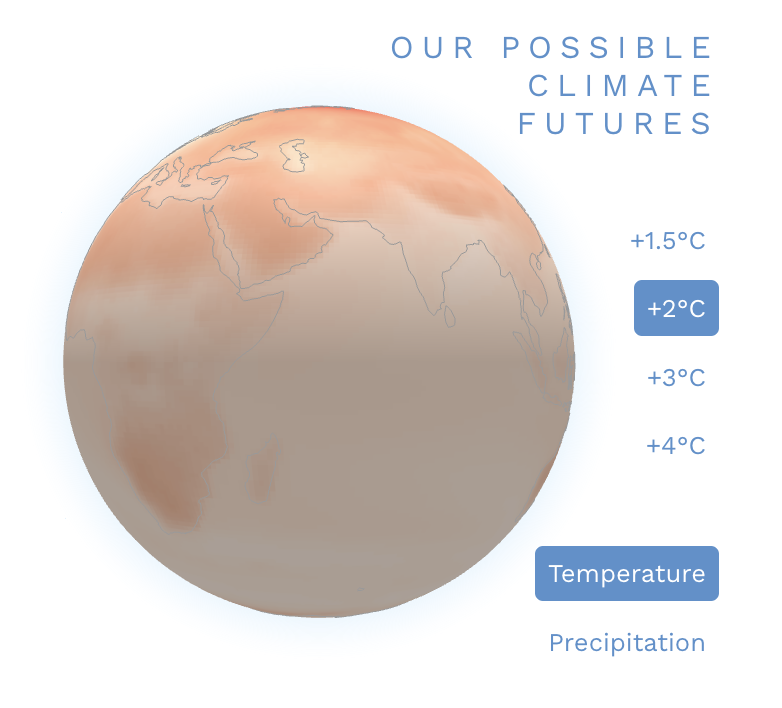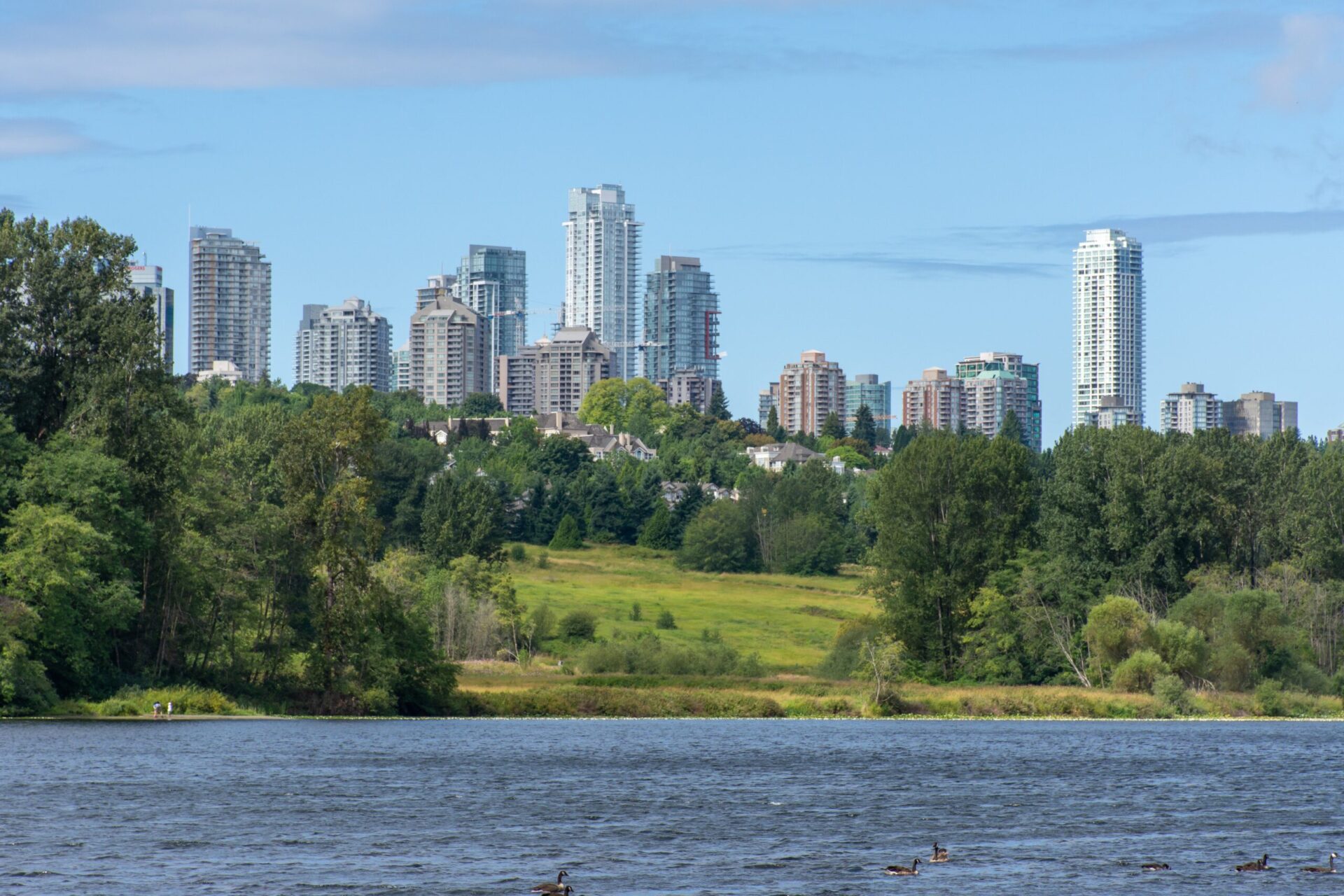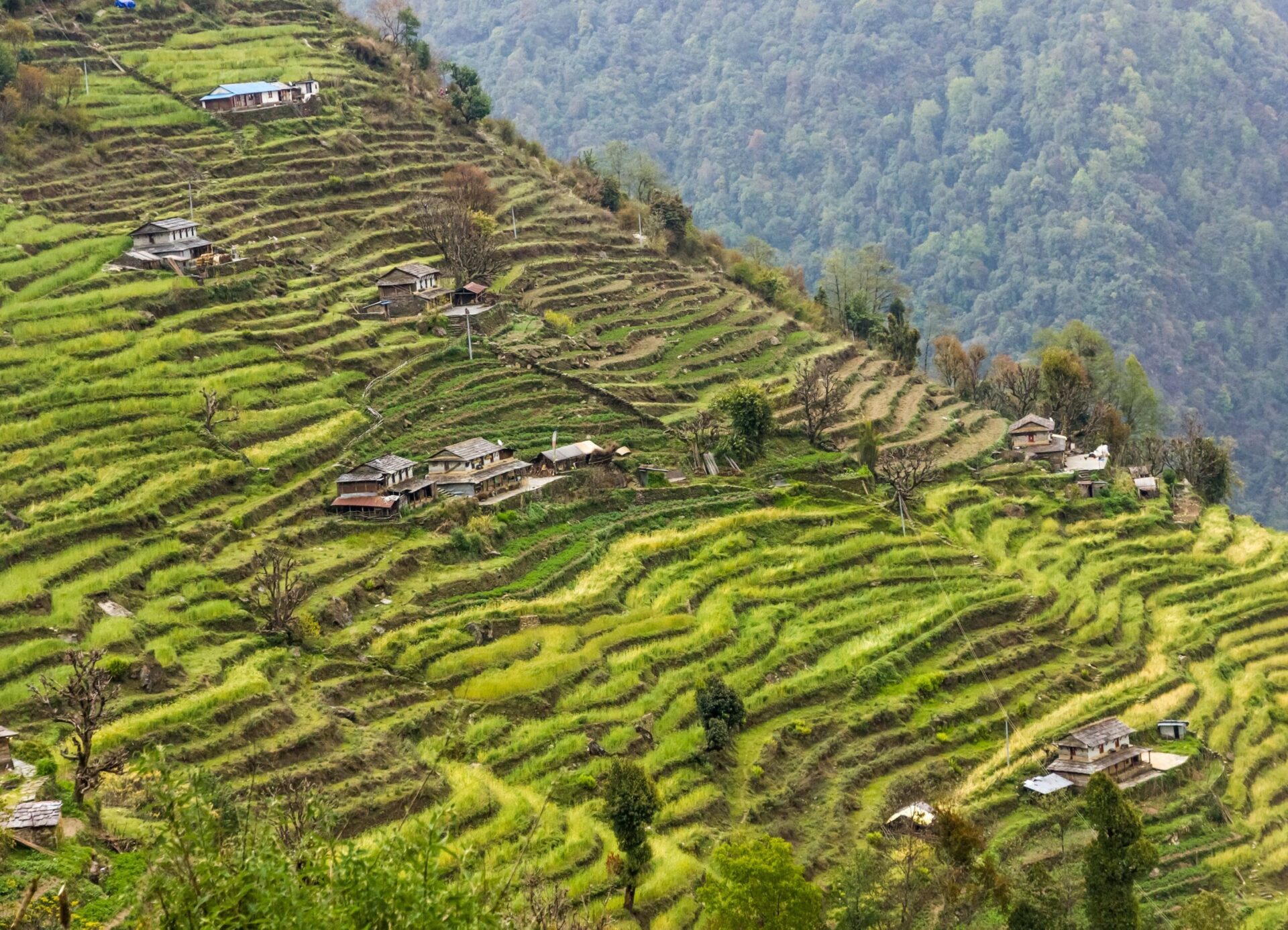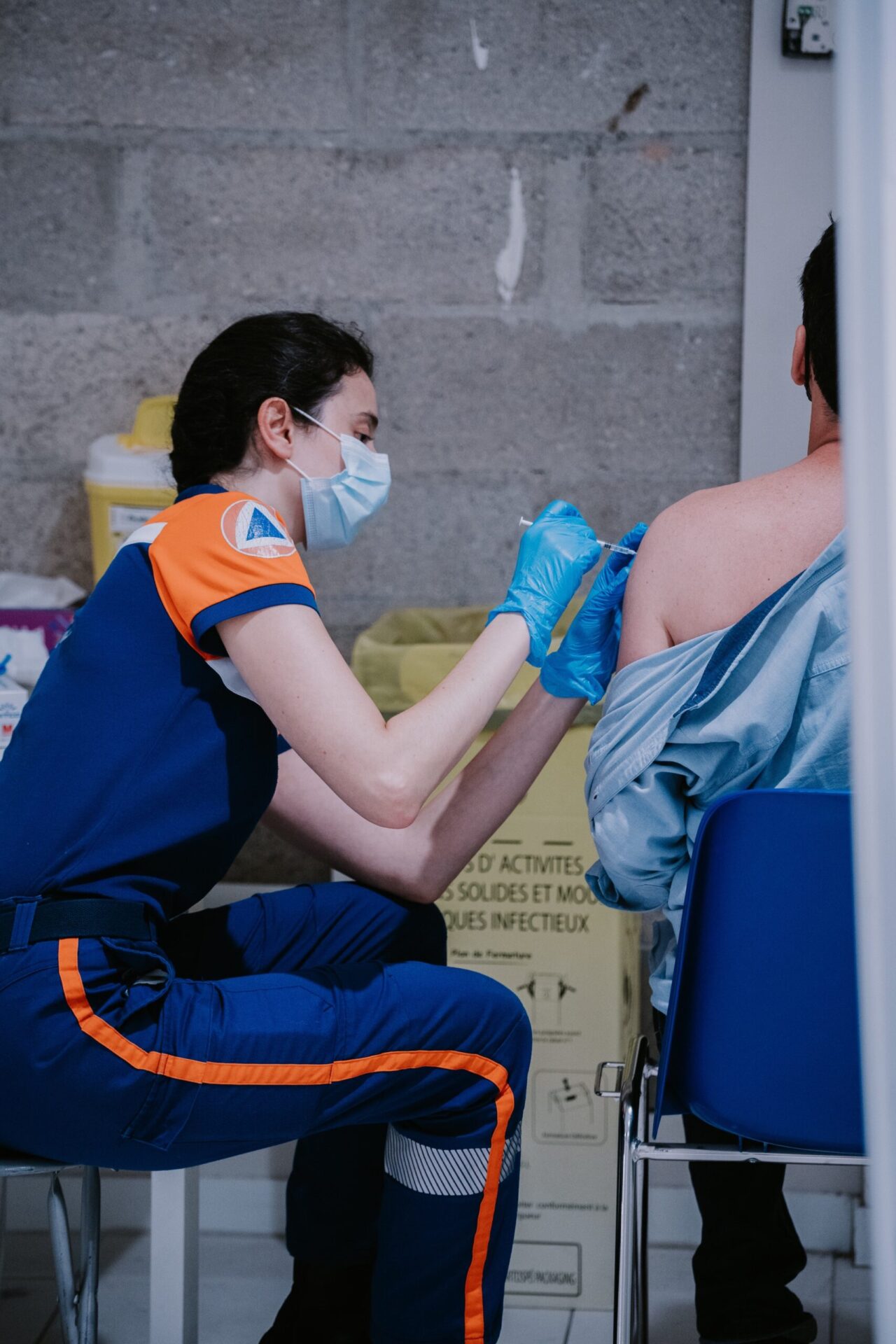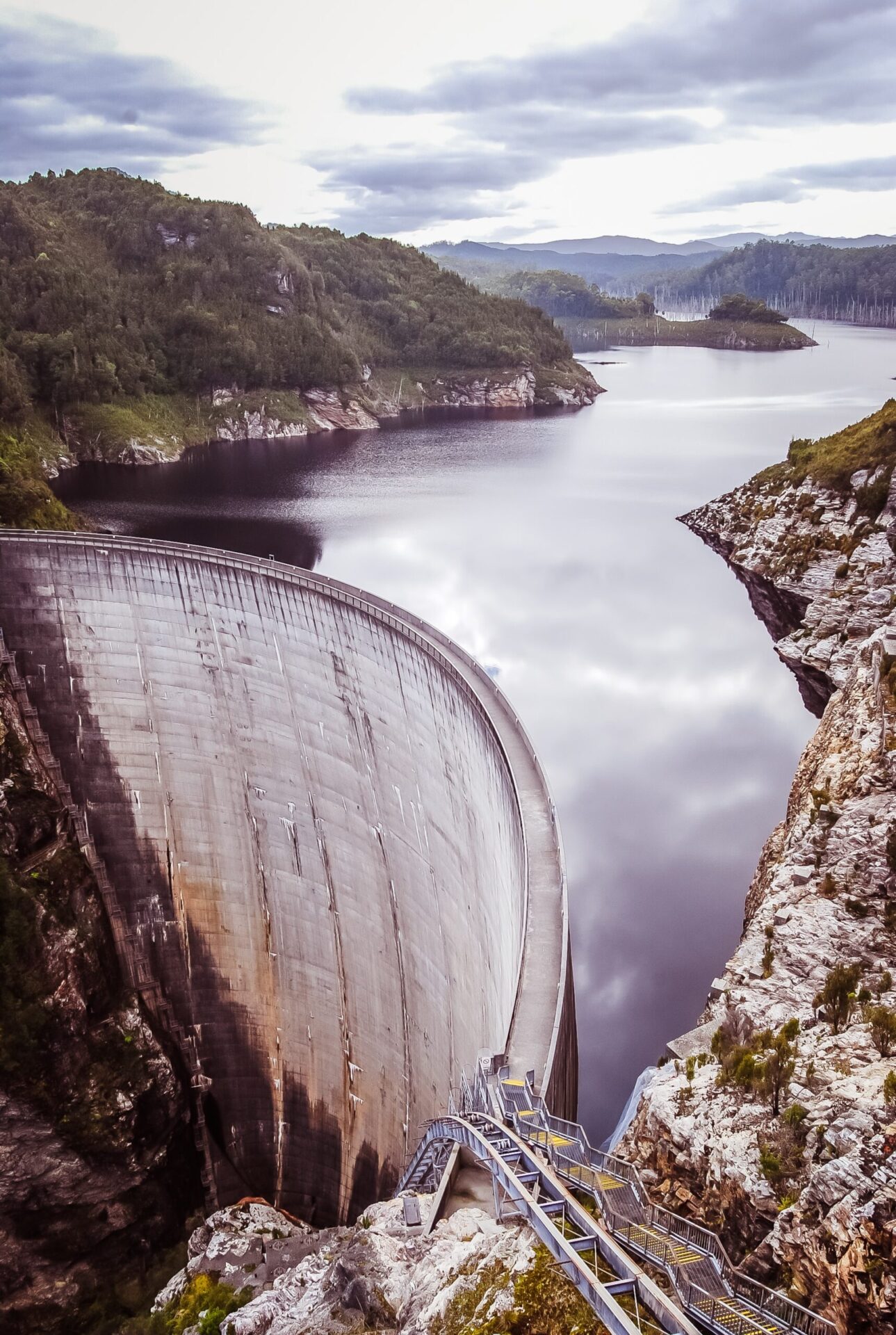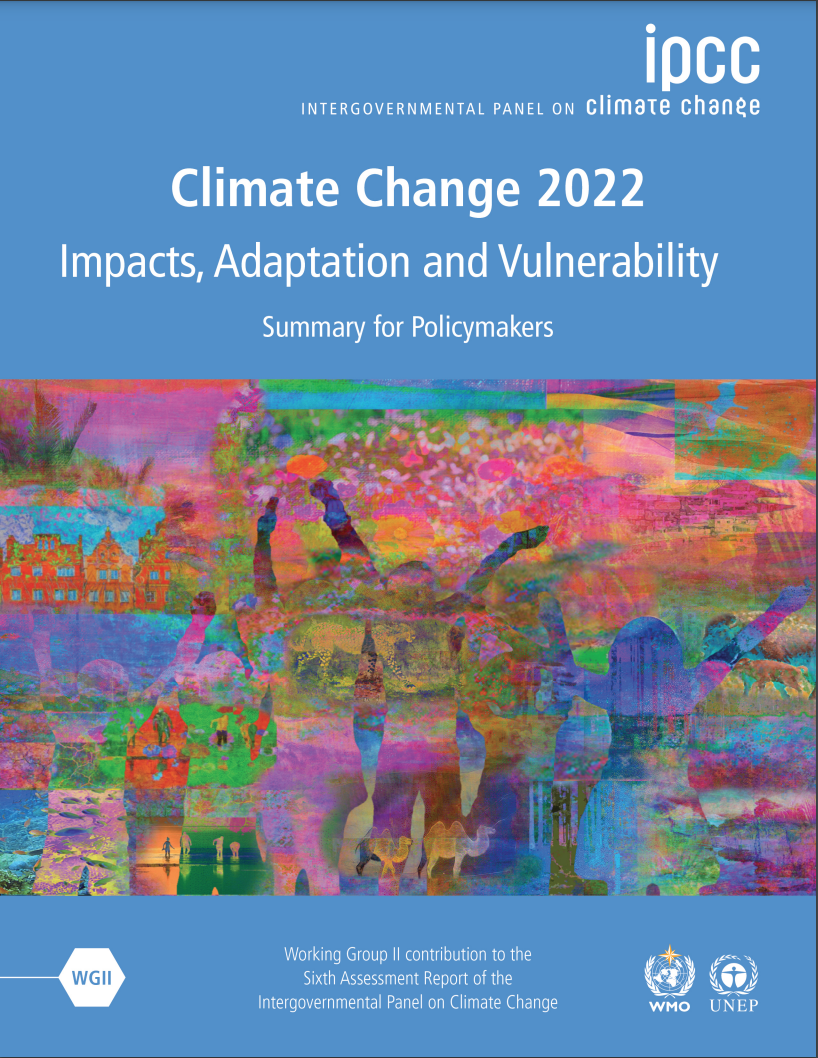IPCC

The Intergovernmental Panel on Climate Change (IPCC) is the leading international body for the assessment of climate change. It was established by theUnited Nations Environment Programme (UNEP) and theWorld Meteorological Organization (WMO) in 1988 to provide the world with a clear scientific view on the current state of knowledge in climate change and its potential environmental and socio-economic impacts. In the same year, the UN General Assemblyendorsed the action by WMO and UNEP in jointly establishing the IPCC.The IPCC is a scientific body under the auspices of the United Nations (UN). It reviews and assesses the most recent scientific, technical and socio-economic information produced worldwide relevant to the understanding of climate change. It does not conduct any research nor does it monitor climate related data or parameters.Thousands of scientists from all over the world contribute to the work of the IPCC on a voluntary basis. Review is an essential part of the IPCC process, to ensure an objective and complete assessment of current information. IPCC aims to reflect a range of views and expertise. TheSecretariat coordinates all the IPCC work and liaises with Governments. It is supported byWMO and UNEP and hosted at WMO headquarters in Geneva.The IPCC is an intergovernmental body. It is open to all member countries of the United Nations (UN) and WMO. Currently 195 countries are members of the IPCC. Governments participate in the review process and the plenary Sessions, where main decisions about the IPCC work programme are taken and reports are accepted, adopted and approved. The IPCC Bureau Members, including the Chair, are also elected during the plenary Sessions.Because of its scientific and intergovernmental nature, the IPCC embodies a unique opportunity to provide rigorous and balanced scientific information to decision makers. By endorsing the IPCC reports, governments acknowledge the authority of their scientific content. The work of the organization is therefore policy-relevant and yet policy-neutral, never policy-prescriptive.

